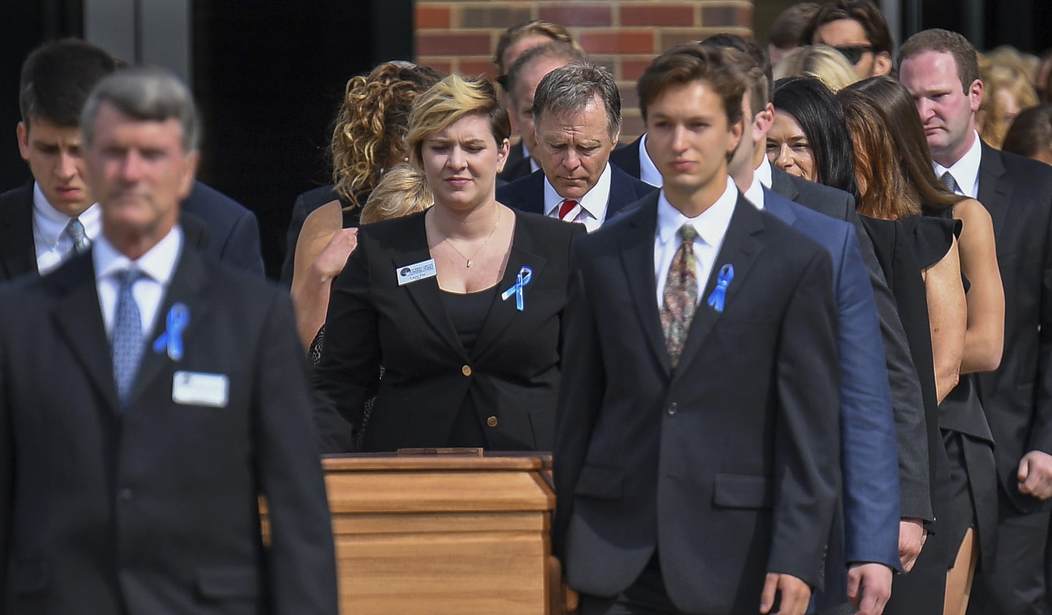Helping Hands Korea’s deepest condolences and prayers go out to the Warmbier family in their grief at the tragic loss of their son, Otto, under the “fatherly care” of Kim Jong-un’s prison minions.
Senator John McCain’s long ordeal as a POW under North Vietnamese seemed to bleed through his blunt conclusion of what Warmbier was subjected to behind closed doors in Pyongyang:
Otto Warmbier was murdered by the Kim Jong-un regime.
The senator’s authority on this subject goes well beyond the information he’s privy to as sitting chairman of the Senate Armed Forces Committee and as an ex-officio member of the Intelligence Committee. McCain’s six years of detention as a downed Navy pilot with periodic torture at the hands of the Viet Cong during the Vietnam War add immeasurable weight to his assessments of dictatorial regimes, past and present, in the Far East.
A number of gaps in our knowledge of the inner workings of the North Korean prison system still exist, but a growing body of testimony from more than 30,000 resettled refugees in the South, including from the UN’s landmark Commission of Inquiry Report on Human Rights in the DPRK, has contributed much to the activist community’s understanding over the past two decades. One of the frequent observations about the North Korean prison system made by refugees and resettled North Koreans in the South who have personally experienced the gulag is of the regime practice of sending prisoners home if their medical condition has become terminal.
The consistent impression of this practice given by defectors is that it is one of sheer convenience for the Kim regime. They wish to prevent the expenditure of medicines or even the time and manpower of prison personnel to inter the body of the prisoner after death. It is not due to any particular sympathy for the prisoner or his/her family at home.
What is startling is that the Kim Jong-un regime treated Otto Warmbier in the very same shameless way it ordinarily treats many tens of thousands of its own citizens, who suffer in the shadows based on flimsy charges and kangaroo courts. After all, the ruling elite had to be mindful of the American student’s value as a hostage.
Whether by misguided regime intent, prison guard rage, or sheer medical incompetence, one of Kim Jong-un’s key human bargaining chips became gravely ill. Whatever the cause, the DPRK’s well-documented institutional disregard for prisoners’ families makes the North’s explanation that Otto Warmbier was being sent to the U.S. ” for humanitarian reasons” especially galling, not to mention the very height of hypocrisy.
Clumsy, inept, heartless — yes. Humanitarian? Never in a million years.









Join the conversation as a VIP Member